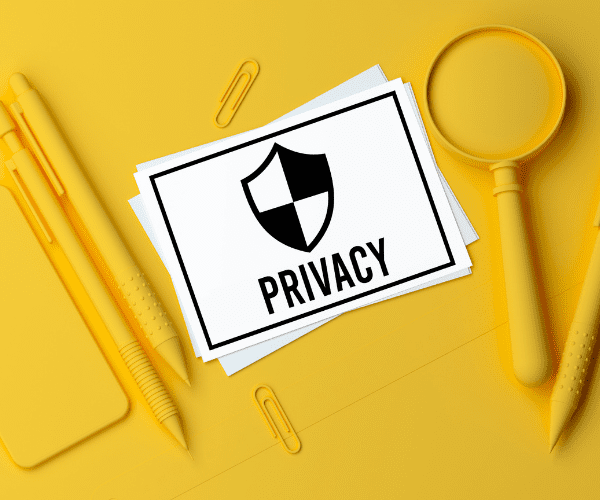Digital technologies are jeopardizing the fabric of trust and safety by intruding into every aspect of modern life. With the rise of the data economy, data has become one of the most important assets a company can own. Companies such as Google, Amazon, and Facebook have built financial empires atop the data economy.
As a result, data privacy has had quite the spotlight in the last few years. Consumers are becoming increasingly concerned about how their information is processed, managed, and used. Data, including location-tracking and other kinds of personally identifiable information, is immensely valuable to businesses. Consumer data is transforming entire industries, and this raises the question: if companies profit from these data, can they be trusted to meet consumer data privacy expectations?
The lack of trust in companies is understandable considering the recent history of high-profile consumer data breaches. Data privacy is a substantial public concern. How companies manage and protect consumer information is now subject to privacy laws and regulatory scrutiny.
Data Privacy: What You Need to Know
First things first: what is data privacy? Data privacy is an aspect of data protection concerned with the proper handling of sensitive data to meet regulatory requirements and protect the confidentiality and immutability of the data. Sensitive data can include, most notably, personal data and other confidential information such as financial data and intellectual property data.
But data privacy isn’t just about the proper handling of data. One of the most important aspects of data privacy is the public expectation of privacy. Companies should process personal data in a way that respects people’s privacy preferences and expectations.
With this in mind, here are 3 elements of data privacy that you need to know.
1. Data privacy encompasses the right of an individual to be left alone and have control of their data
Privacy is not about hiding information or keeping it secret. At its core, privacy is the right to be left alone, and it’s arguably a human right. Personal information is just that—personal. People should be free to exercise their right to privacy when they want to and if they want to. This means that it’s up to the individual to determine how their data is used, if it’s used or whether it’s collected in the first place.
Several governments worldwide recognize the right to be left alone, resulting in numerous data protection laws. Currently, the EU’s General Data Protection Regulation (GDPR) is the most groundbreaking and comprehensive data protection regulation so far. Under the GDPR, companies that violate people’s right to privacy can be liable for huge regulatory fines.
2. Importance of Transparency
The rise of the data economy has resulted in quite the conundrum for companies worldwide. On the one hand, consumer data is king and key to business survival. On the other, consumers have become increasingly hesitant to entrust companies with their personal information, and violating their trust could damage your reputation as a company. However, there’s a unique opportunity that presents itself here. Companies should bundle their need to collect and capitalize on consumer data with people’s right to privacy.
The onus is on companies to design for trust and transparency by communicating what kind of data they collect, how they collect it, store, and use it. By doing so, consumers can opt-in or out and exercise their right to be forgotten.
3. Consequences of non-compliance
The GDPR and other privacy laws aim to control the excessive exploitation of consumer personal data. Such data protection laws have given individuals the ability to take back ownership of their data. And organizations should take this into considerations when designing their business plans and marketing activities.
Companies can no longer operate without adequate data protection measures in place. Otherwise, they will be at risk of fines and lawsuits and might damage their market reputation in the process.
A Final Word
Data privacy is an ever-evolving frontier but remains, at its core, a fundamental right. Companies must acknowledge that individuals are the true data owners and take a customer-centric approach to their data monetization strategies.
Want to privacy-proof your brand?
